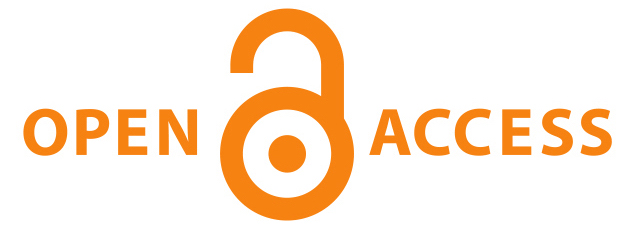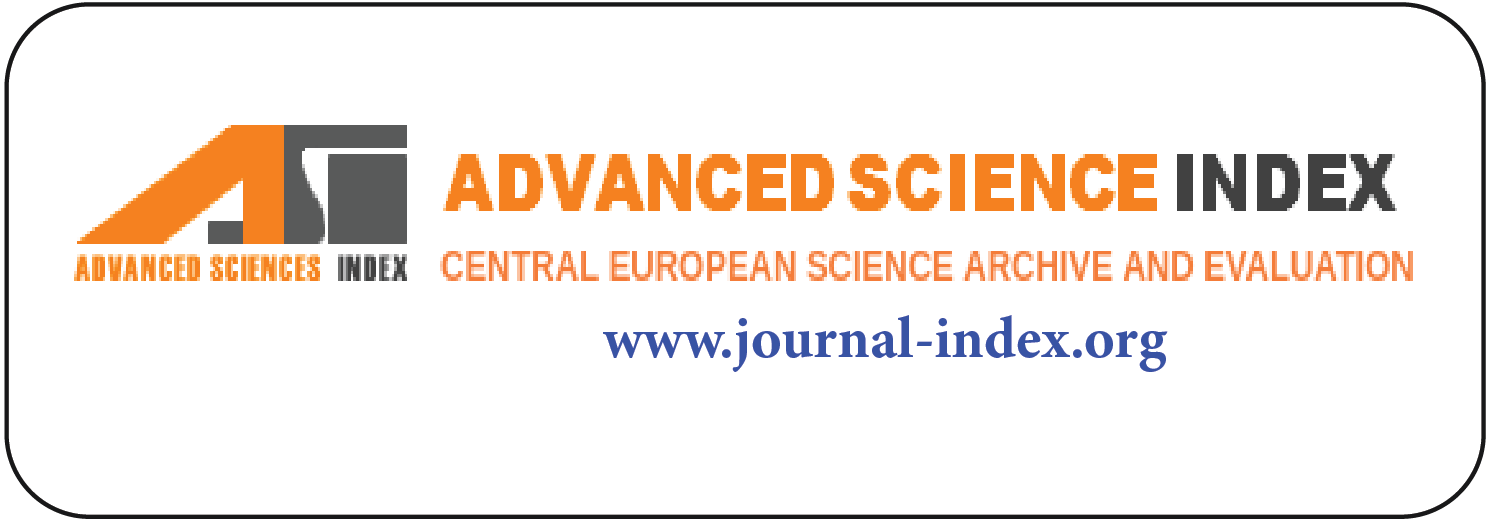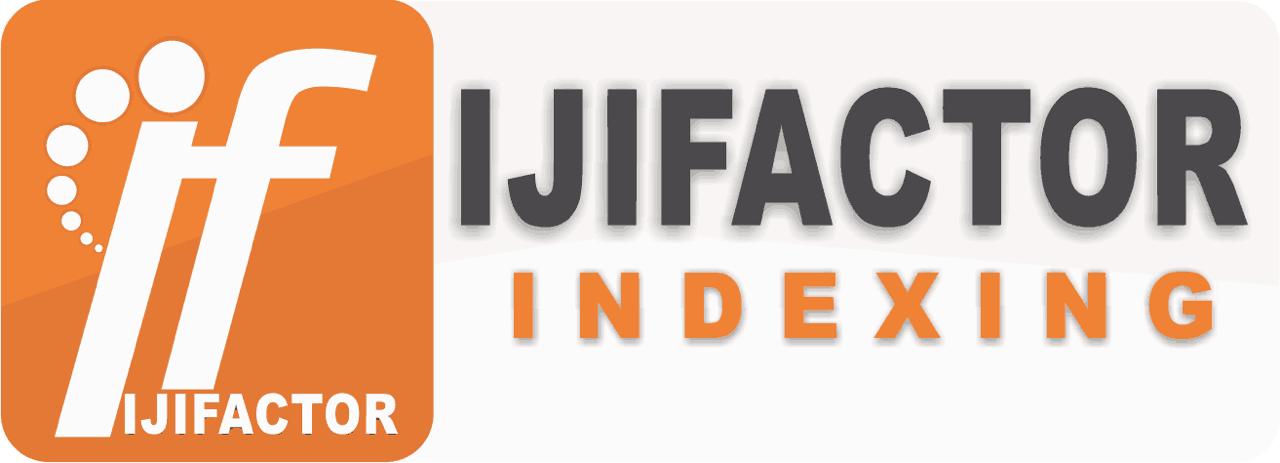Evaluating the Effectiveness of Training Methods on the Performance of Human Resources in Greek Hotel Businesses
DOI:
https://doi.org/10.56868/jadhur.v2i1.102Keywords:
hotels, training, performance, human resourcesAbstract
The training of human resources in hotel businesses is very important since it is directly related to creating a competitive advantage by improving its performance. The main research objective of the present study is to investigate the effectiveness of training methods with regard to the improvement of human resources performance in hotel businesses. Field research was conducted by collecting quantitative data from 17/3/2022 to 17/5/2022 in Greece through a questionnaire from a "convenience" sample of 135 hotel employees. Exploratory and Confirmatory Factor Analysis was used to analyze the collected data statistically. The improvement of the performance of the human resources of a hotel is related to a mixture of training methods that favor formal and informal learning: Case Studies, Business Games and Mentoring. The results of this study have led a) to the creation and validation of four new Likert-type scales that other researchers in the future can use, and b) to the creation of specialized mixtures of training methods that hotel managers can apply to improve the performance of human resources in specific fields of interest.
Downloads
Published
How to Cite
Issue
Section
License
Copyright (c) 2023 Christos Kakarougkas, Efthymios Papageorgakis

This work is licensed under a Creative Commons Attribution 4.0 International License.
















